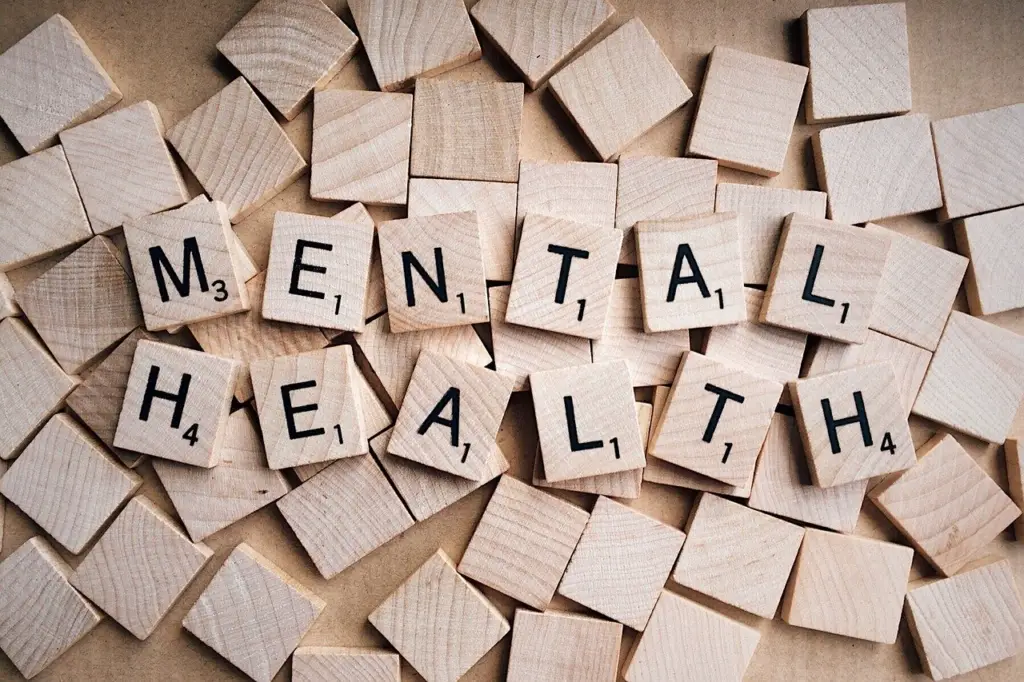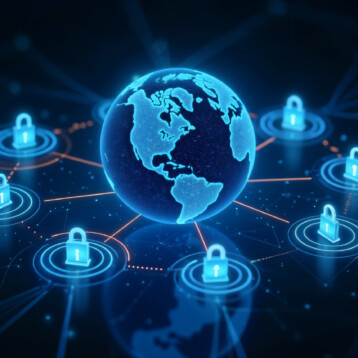
There’s no disputing the influence technology has on modern society. Indeed, burgeoning technologies are the catalysts propelling human civilization from one epoch to the next. From fire to AI, innovation and the application of knowledge have moved us from living in woodland trees to marching across the savanna and into space. Today, technology connects us and offers us advantages that even just 100 years ago we might never have imagined, new ideas and new scientific discoveries granting us the means for creating new opportunities. It’s particularly exciting for the medical field, as healthcare workers can now provide life-changing treatments that almost seem unworldly. In the mental health field, in particular, technology is allowing doctors to monitor and treat patients in real time, a factor that is changing the way clinicians work and increasingly helping them save lives. Here are three of the most profound ways technology will change mental health services in the future:
Increased Access to Care
The myriad of applications now available will continue to make virtual counseling a common and accepted clinical experience. Certainly, as more people use telehealth tools, mobile mental health services (such as virtual therapy sessions and symptom tracking) will become more familiar, making them a trusted way to monitor and receive mental health care. Furthermore, technologies will continue to physically expand the range of services to patients in areas that might not have the resources or staff to offer them in person and to those who might not have the time or interest for meetings in traditional settings. With technology, care can come to patients at the precise time and location they need them, increasing the breadth of care available to all.
Enhanced Data Collection
In much the same way that marketers use market research questions to probe consumers for information about their shopping habits, many mental health professionals rely (at least partially) on their patients to assess their feelings and use their own judgements in order to document the “facts”of their symptoms and care. It can be a subjective process. Technology, however, is expanding the way data is collected in health care, making it a much more objective experience. Today, there are pills equipped with a sensor for tracking medication intake; virtual reality experiences designed to mimic and control patient behavior responses; wearable devices that log data points, as well as support and/or stimulate action; and more! This enhanced data collection will mean clinicians have better information and a better understanding for the type of care needed and control over that which they provide.
Convenience
Technology evolution has a huge benefit in the mental health field. It facilitates advances in medical diagnosis and treatment. With technology, medical care providers can now offer services, even to the most remote areas.
Therapists are also offering their services online, making physicians and patients share real-time information. Using software like telemedicine, a patient in a codependent relationship can seek help without waiting for an appointment. More so, patients can consult a therapist at the comfort of their homes.
Today, patients can schedule a consultation while on the go or during a work break.
Guidance Through Support Groups
People with anxiety disorders and other mental health issues find it hard to attend support groups within their communities. Others don’t have time for regular meetings. Fortunately, there are several websites that offer internet-based support groups. Users remain anonymous and feel comfortable engaging with other participants. They can reveal their struggles without the fear of being scrutinized or judged.
Decreased Costs
Of course, a drawback for any health service is often its cost. With remote mental health care, though, many of the costs associated with traditional therapy — including office rental, personnel, administrative concerns, and patient expenses for travel and time off work — can be reduced or even eliminated. Many apps are offered at a substantially lesser cost than in-person care (or even free!) and continued utilization of remote services will likely bring the price down even further. There’s little question the future holds great promise for mental health services, expanding and improving upon care and reducing costs for everyone!










